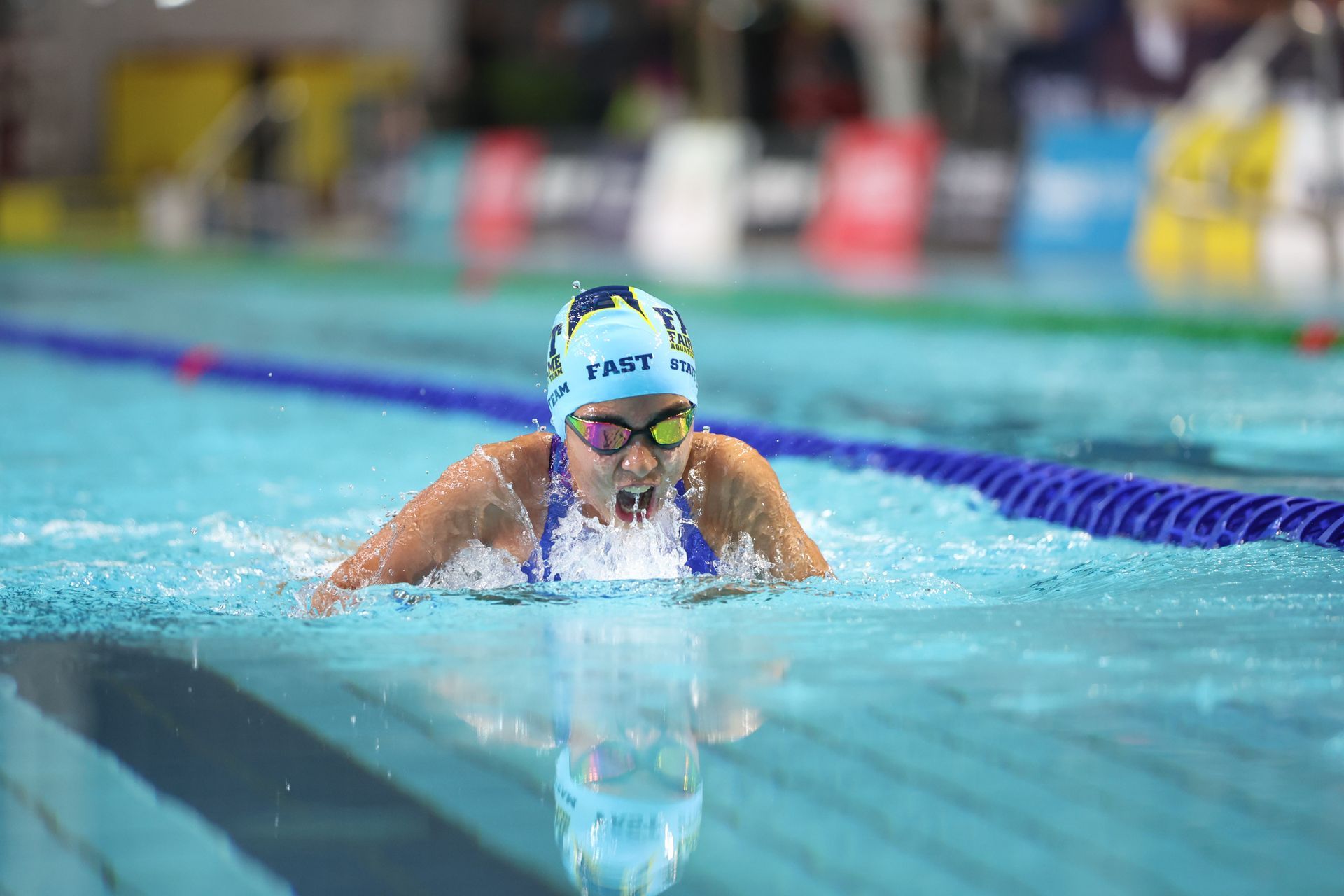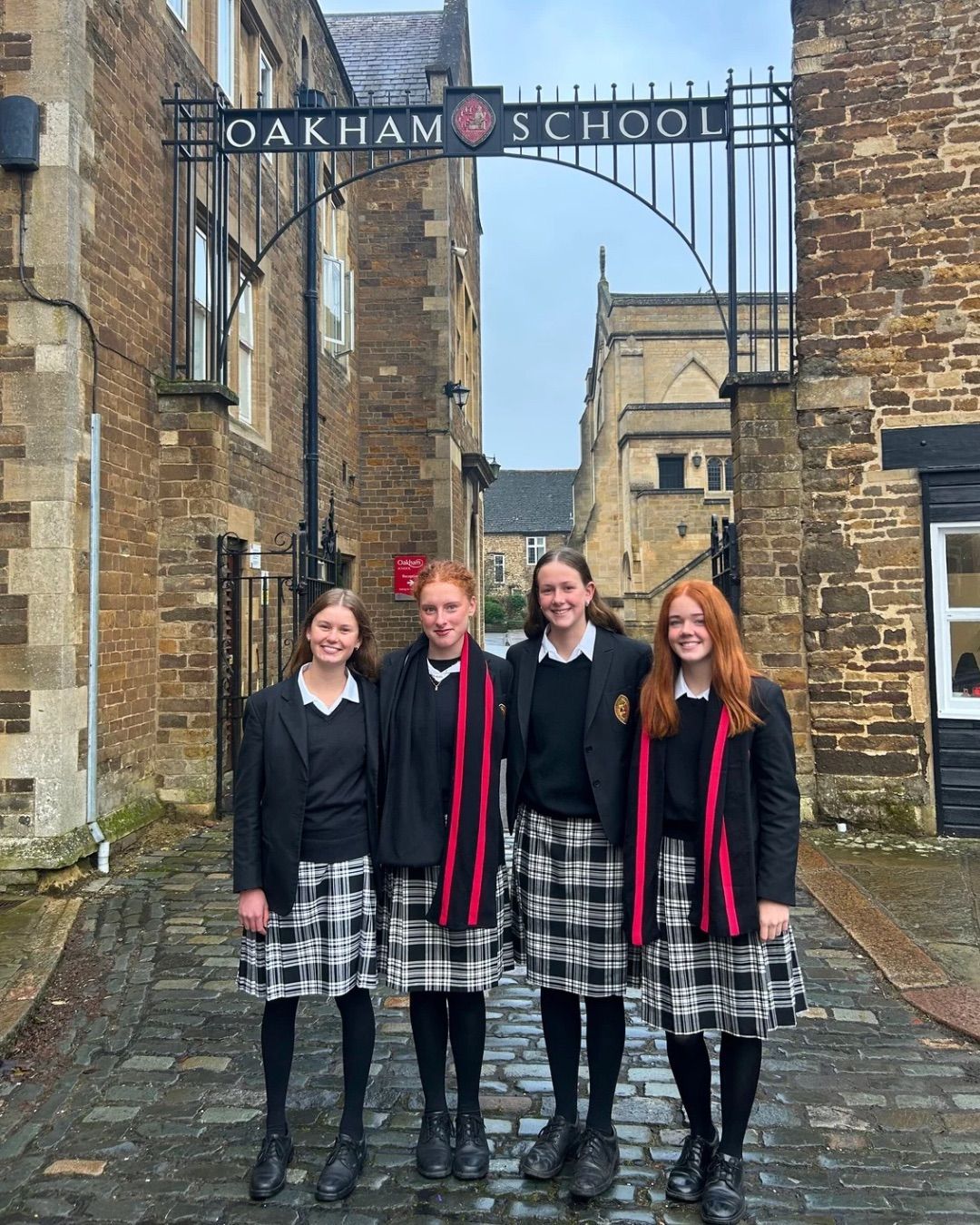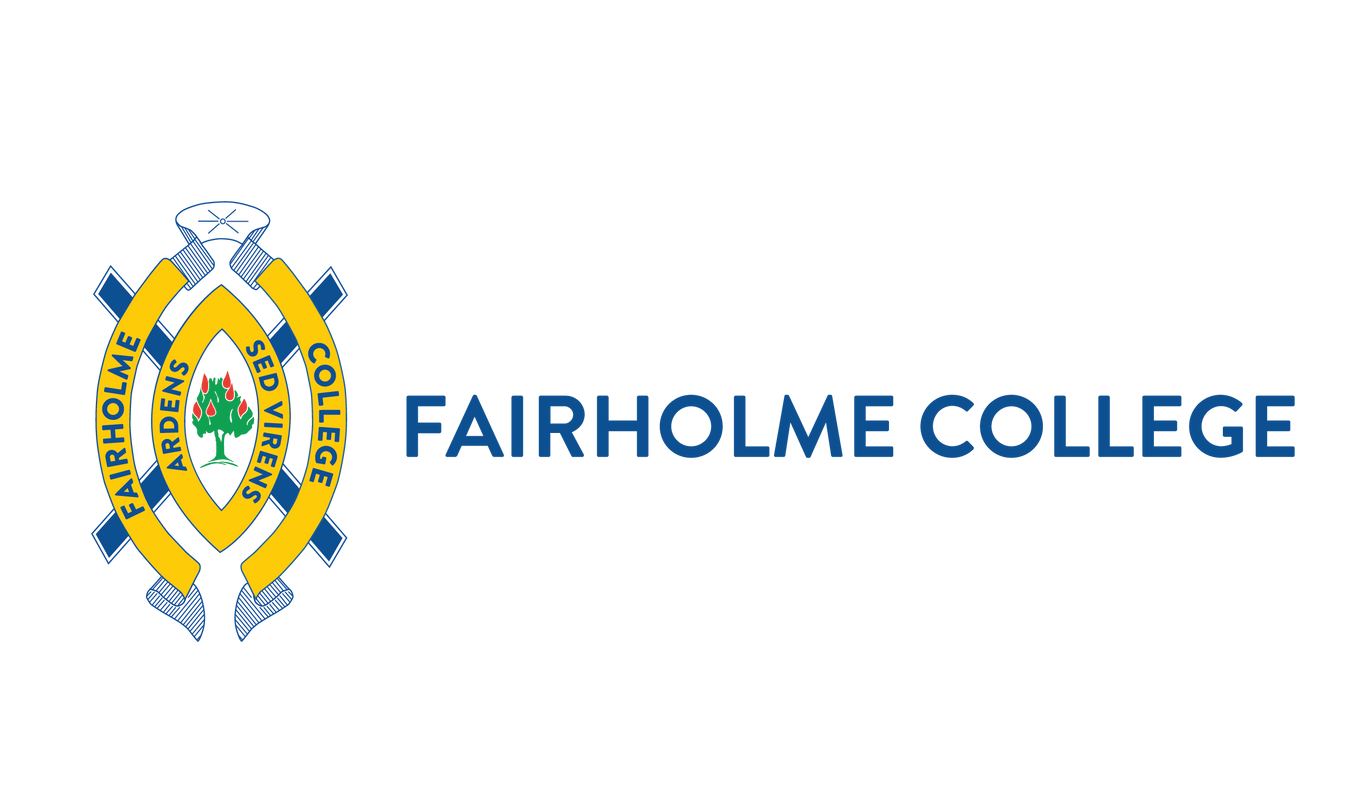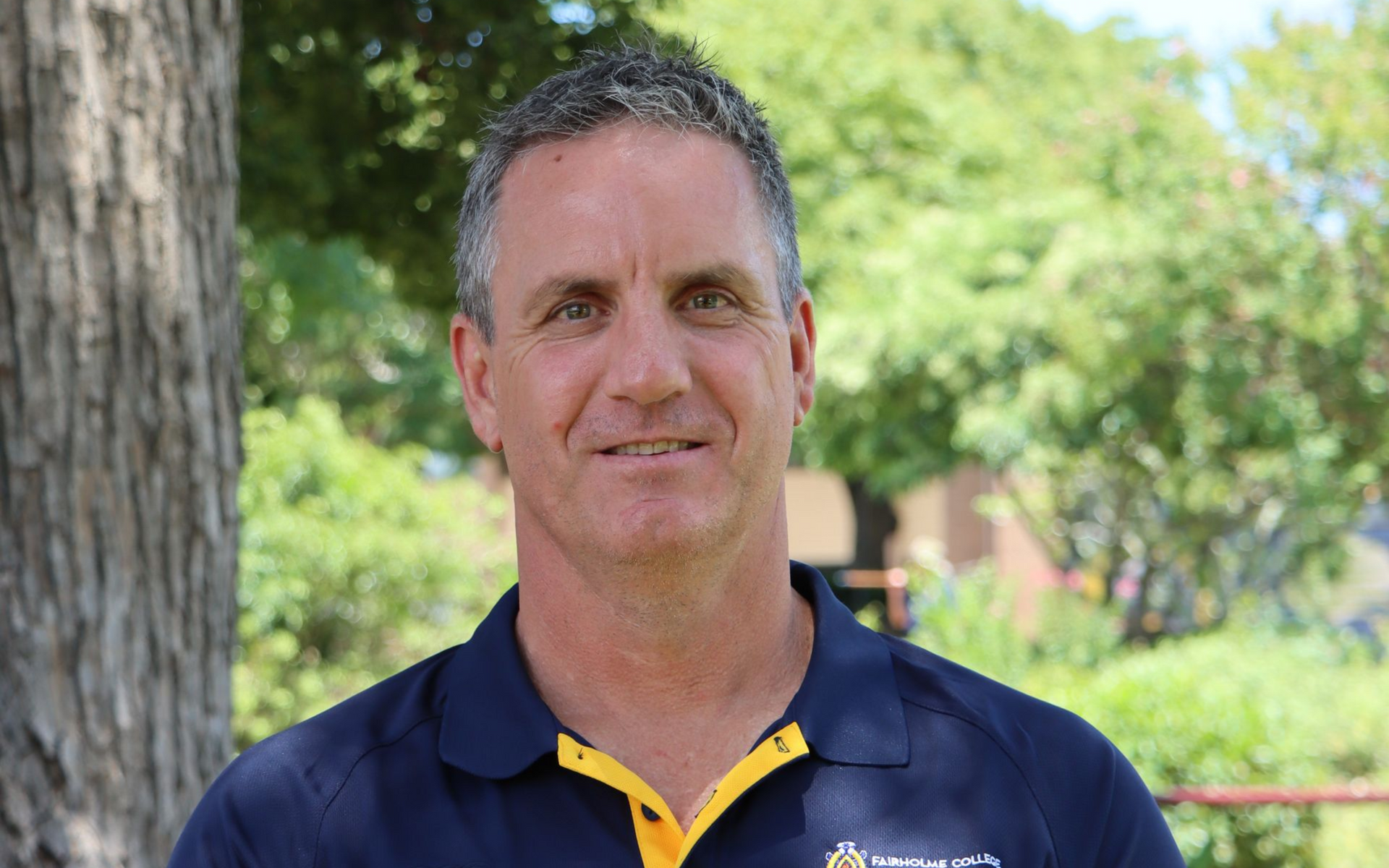Lessons in Accountability
Becoming empathetic, responsible, relational and accountable...
Words matter. Lessons in accountability are gifts for life. They are lessons we value here at Fairholme, where one of our five core values: respect is grown through many factors, including through the philosophy of restorative practices.
It’s been the Fairholme way for more than two decades, its sited in the notion of accountability for actions, fixing problems respectfully and moving forward. It is not a quick fix because restorative practices is not something we do, it is about becoming… becoming empathetic, responsible, relational and accountable: tough lessons that take time to learn and appreciate. These lessons are bound through a worldview of “working with” rather than “power over.”
For some it’s a big shift in how we see behaviour, how we see children and how we see ourselves. American psychologist, Ross Greene says that “we have forgotten that those skills on the more positive side of human nature have to be taught, have to be modelled, have to be practiced.”
At a previous school I found myself meeting with a mother and son regarding the misalignment between his approach in class, his capability and his results. This was a chronically underachieving highly academically capable young man, unable to meet the expectations of the classroom.
Contrastingly, he had two older sisters who had been engaged, hard-working students, high-achievers. His teachers were deeply frustrated and offended by Mark’s (not his real name) behaviour. I was told by some that this behaviour was mirrored at home.
I reminded myself that such information was third hand – second hand at best. Yet, I knew from some reliable sources (their neighbours were also on staff) that things were tricky at home. I was keen to sit with his parents and the young man and plot a way forward.
I was keen for a learning conversation around accountability, and importantly a respectful plan to move ahead in a better direction, with support. I was naively hopeful about the outcomes.
Like all ‘perfect’ conversations that we prepare in our head, it ran in a vastly different direction. Such a different direction that more than a quarter of a century later, I can still recollect aspects of the meeting and I have remonstrated myself many times over the years about what I “could have/should have” done differently, better, more effectively. Mum arrived with Mark, no dad – it would seem that education remains, too often, the province of the mother.
Things got off to an immediately bad start:
Mother: I am so surprised that you have asked us in to discuss Mark’s results and his behaviour. Quite frankly, my husband and I think that this is about Mark’s teachers, not Mark. His sisters think so too. We simply don’t believe that he is the problem – your teachers are. We don’t see any of this behaviour that’s been described, at home. He is such a good kid, a perfect kid, really.
Me: Thanks for that. Gosh, no problems at home? Then that is challenging – perfect behaviour at home and an inability to meet our expectations at school – in any of his classes. What do you think is happening? What can we do to get more of Mark’s home behaviour, here at school?
Fortunately, memory has erased the full script of the conversation as it unfolded. Needless to say, we didn’t reach the sort of agreement or understanding I was thirsting for. And what came to pass was that this young man’s poor behaviour entered the public arena, the police arena, the legal arena on a number of occasions into the future. On hearing of this, each time, I replayed our conversation and winced, I felt a degree of
responsibility for my own part in an unsuccessful conversation.
I also pondered about the message Mark heard when his mother said, “His behaviour at home is perfect.” Because, in that moment he had his personal accountability snatched away. And Mark learned, through those words, that in a public forum, in the face of an authority figure, his mother would lie for him.
Sometimes we do forget that “those skills on the more positive side of human nature have to be taught, have to be modelled, have to be practiced.” (Greene)
Before we get too self-righteous, Greene also reminds us that “the kids we often find most difficult are the kids who need our empathy the most.” Words matter. Lessons in accountability are gifts for life. But empathy needs to be our first step, always.
Dr Linda Evans | Principal
REFERENCES
Greene, R. (n.d.) Lives in the Balance. Accessed February 15, 2025. https://www.livesinthebalance.org
Voigt, Adam (2020) Voigt, A. (2020). Restoring teaching: How working restoratively unleashes the teacher within. Adam Voigt.
More News…
